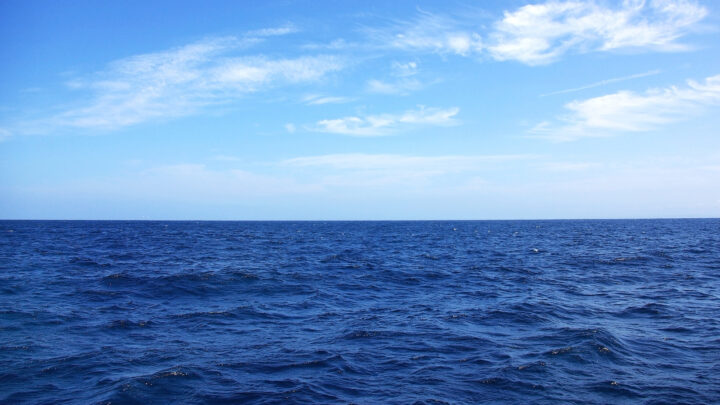Texture of blue Ocean.
A study conducted by Earth Systems Science Data, an international journal, has shown that the earth’s oceans are warming at an alarming rate.
The report published on April 17 found that majority of the earth’s heat is deposited in the oceans.
According to the report, over the past 15 years, the earth’s accumulated heat has increased by 50 percent, with most of the extra going into the oceans.
“In 1971–2020 and for the total heat gain, the ocean accounts for the largest contributor with an about 89% fraction of the global inventory,” the report reads.
Advertisement
“The second largest component in the Earth heat inventory relies on heat stored in land with an about 6 % contribution. The cryosphere component accounts for about 4 % and the atmosphere for about 1 %.”
The researchers noted that “our results confirm a continuous increase in ocean warming. All products agree on the fact that global ocean warming rates have increased in the past decades and doubled since the beginning of the altimeter era (1993–2020 compared with 1960–2020)”.
Karina Von Schuckmann, lead author of the study, told BBC that: “It’s not yet well established why such a rapid change and such a huge change is happening.
Advertisement
“We have doubled the heat in the climate system in the last 15 years, I don’t want to say this is climate change, or natural variability or a mixture of both, we don’t know yet. But we do see this change.”
Earlier this month, data from the US government suggested that the temperature of the world’s ocean surface hit an all-time high since satellite records began, leading to marine heatwaves around the globe.
The development, according to scientists, is worrisome as it could lead to further increases in the coming months.
Scientists also say the temperature rise will be hazardous for marine life, cause sea levels to rise and reduce the capacity of the oceans to absorb carbon.
Advertisement






